
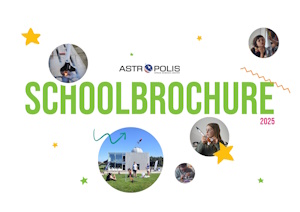
Would you like to visit us ? Then you would do well to download our school brochure first ! Only then will you have a good idea of what we have to offer …
Download HIER the brochure !


Booking
To make your school visit as effective as possible, we have consciously chosen to keep two days a week, Tuesday and Thursday (from 10 a.m. to 6 p.m.), exclusively free for schools. This way you can visit Astropolis undisturbed and we can respond to the specific needs of each group. This is based on prior knowledge and/or age, ranging from toddlers to students in primary, secondary or higher education. By appointment, school groups can also visit on other days.
Contact us via booking@astropolis.be !
Guides
Astropolis has an excellent team of well-trained guides who are happy to take you on a fun and fascinating journey through the large XPO space. To ensure that a guide is available on your chosen date, you must book your visit at least 14 days in advance. The cost for a guide, for a duration of one hour, is 25.00 euros per group of 15 (maximum 20) people. Is your group larger? Then we must provide several guides.
Our Astropolis guides are Dutch-speaking. An English or German speaking guided tour is possible on request. We currently do not provide French-speaking guided tours…


Cafeteria
School groups, up to a maximum of 40 people, can use our cafeteria for a lump sum of 15.00 euros (due to cleaning, waste, personnel and heating costs). All our drinks and snacks are very reasonably priced. When the weather is nice, you can also eat your sandwiches outside on the 30-metre-long bench (with rubbish bin). Keep it tidy inside and outside and pick up your waste!
Upon arrival in Astropolis, students and teachers can safely store their coats and book bags on the mobile coat rack and/or in the Astrocafé.
Time slots
In Astropolis we work with time slots. Each time slot lasts 4 hours, which is usually sufficient for a standard visit with or without additional workshop, lecture, documentary or observation. Naturally, you can choose the desired (number of) time slot(s). Please feel free to contact us for a challenging, tailor-made program!
| Time slot 1 starts at 10.00 hours and ends at 14.00 hours.
| Time slot 2 starts at 14.00 hours and ends at 18.00 hours.


Schedule
Every class (or school) is different, so we can put together a tailor-made program based on prior knowledge, age and/or budget. We can accommodate classes (or schools) of a minimum of 10 to a maximum of 60 people. Larger groups should be divided into a morning and afternoon program. A few examples of commonly used schemes can be found below…
Contact us via booking@astropolis.be !
| A ‘mini’ visit (20 pers.)
10.00 – Welcome.
10.10 – Free visit to both XPOs and auditorium.
11.00 – 3D workshop.
12.00 – End.
04.00 Euro p/p – Entrance
06.00 Euro p/p – Workshop
| A ‘medium’ visit (20 pers.)
10.00 – Welcome.
10.10 – Micro rocket workshop.
12.00 – Group photo + launches.
12.30 – Break / meal (*).
13.00 – Visit both XPOs and auditorium (+ guide).
14.00 – End.
04.00 Euro p/p – Entrance
16.00 Euro p/p – Workshop
25.00 Euro p/g – Guide
15.00 Euro p/g – Use of cafeteria
(*) Own packed lunch.
| A ‘maxi’ visit (45 people)
10.00 – Welcome.
10.10 – Group 1 – Free visit to both XPOs.
10.10 – Group 2 – Visit auditorium.
10.10 – Group 3 – 3D workshop.
11.15 – Group 1 – Visit auditorium.
11.15 – Group 2 – 3D workshop.
11.15 – Group 3 – Free visit to both XPOs.
12.15 – Break / meal (*).
13.00 – Group 1 – 3D workshop.
13.00 – Group 2 – Free visit to both XPOs.
13.00 – Group 3 – Visit auditorium.
14.00 – End.
04.00 Euro p/p – Entrance
06.00 Euro p/p – Workshop
15.00 Euro p/g – Use of cafeteria
(*) Own packed lunch.
Astropolis is, due to its many innovative space oriented workshops, recognized as an official STE(A)M academy by the Flemish Government.


Workshops
You can choose from a unique range of workshops that is steadily being expanded. All workshops are delivered in our well-equipped Sputnik Lab which can accommodate up to 25 people. A workshop is therefore limited to this number of participants.
During workshops, photos are regularly taken of the participants and made available afterwards via our Facebook page. Not only fun for parents and grandparents, but also unique because our special camera captures every launch in detail …
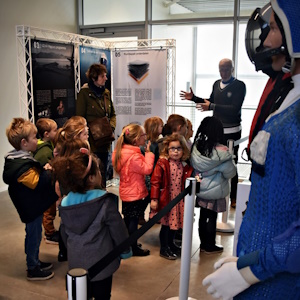
Workshop 1 – The toddler space adventure
This unique activity, specifically designed for preschoolers, stimulates imagination, manual dexterity and creative ability with the planets as the theme.
– Short walk in the ‘Race to the Moon’ XPO
– Screening: The solar system for preschoolers
– Book tickle: André the astronaut
– Craft activity: alien finger puppets
| Duration: 2.00 hours
| Age: 3 to 5 years
| Price: 6.00 euros p/p
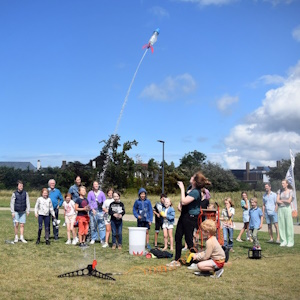
Workshop 2 – Water rockets
During this fun and educational workshop we will build a water rocket that flies up to 50 meters high. Since we work with water, this workshop is only given from the beginning of April to the end of September.
| Duration: 1.30 hours
| Age: 6 to 12 years
| Material: Bring your own 1.5 to 2 l PET bottles.
| Price: 6.00 euros p/p

Workshop 3 – Micro rockets
During this innovative workshop we will build our extremely successful IXO micro rocket that flies no less than 100 meters high, lands safely with a parachute and is also completely reusable. Unique in the Benelux!
The ultimate workshop for STEM classes!
| Duration: 2.00 hours
| Age: 8 to 18 years
| Material : Included.
| Price: 16.00 euros p/p
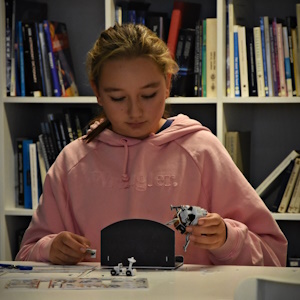
Workshop 4 – 3D Lunar Lander
During this workshop we will build a 3D puzzle of the Apollo lunar lander (+ rover). This 3D puzzle consists of high-quality Styrofoam with a printed layer.
| Duration: 1.00 hours
| Age: 8 to 12 years
| Material : Included.
| Price: 6.00 euros p/p

Workshop 5 – 3D Saturn V rocket
During this workshop we will build a 3D puzzle of the Saturn V rocket (+ launch tower). This 3D puzzle consists of high-quality Styrofoam with a printed layer.
| Duration: 1.00 hours
| Age: 8 to 12 years
| Material : Included.
| Price: 6.00 euros p/p
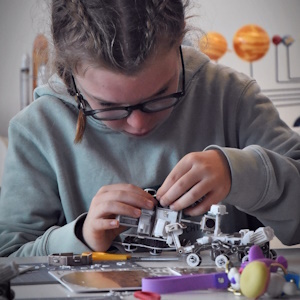
Workshop 6 – 3D Mars rover
During this workshop we will build a 3D puzzle of the Curiosity Mars rover (+ sky crane). This 3D puzzle consists of high-quality Styrofoam with a printed layer.
| Duration: 1.00 hours
| Age: 8 to 12 years
| Material : Included.
| Price: 6.00 euros p/p
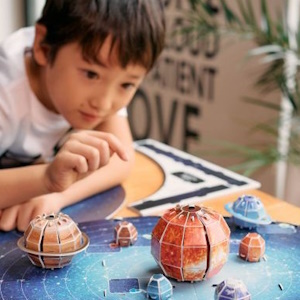
Workshop 7 – 3D Solar System
During this workshop we will build a 3D puzzle of the solar system. This 3D puzzle consists of high-quality Styrofoam with a printed layer.
| Duration: 1.00 hours
| Age: 8 to 12 years
| Material : Included.
| Price: 6.00 euros p/p

Workshop 8 – Paper model: Saturn V rocket
This unique scale model of a Saturn V rocket is made entirely of paper and is not only fun but also very challenging. And the result is already impressive. An ideal workshop for handy crafters! Attention! Two people are working on one rocket!
| Duration: 3:00 hours
| Age: 8 to 12 years
| Material : Included.
| Price: 6.00 euros p/p

Lectures
You can choose from the multimedia presentations below, which are updated annually so that they always remain up-to-date in terms of content, as well as visually.
The lectures are given in the Lemaitre auditorium, which has a five-meter wide screen, 4K 3D projector and can accommodate 54 people (+ 4 wheelchair users)…

Q&A – Questions and Answers
Many children and young people have questions about the universe. Why are planets round? Do animals live in space? What is a black hole? Are there trees on other planets? What if you get sick in space? All questions that children asked us in Astropolis…
In short, do the children in your class have questions about astronomy and/or space travel? Then write them down, bring them with you and our specialist will answer them all…
| Duration: 1.00 hours
| Age: 8 to 18 years
| Price: 2.50 euros p/p
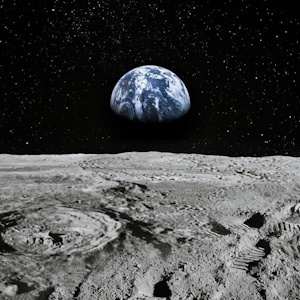
Lecture 1 – The Moon
| ‘Space kids university’ series
The ‘Space kids university’ series was specially designed, both in content and visually, for children between 8 and 12 years old. During this edition we take a closer look at our nearest neighbor: the Moon. What is the best way to look at the Moon? What are moon phases? How are tides formed? What is a lunar eclipse? These and many other questions are answered here…
| Duration: 1.00 hours
| Age: 8 to 12 years
| Participants: Min. 15 people / Max. 54 people
| Price: 3.00 euros p/p
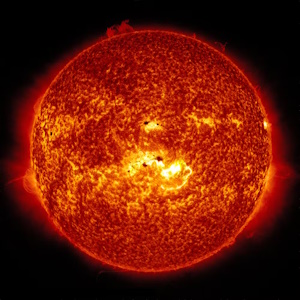
Lecture 2 – The Sun
| ‘Space kids university’ series NEW
The ‘Space kids university’ series was specially designed, both in content and visually, for children between 8 and 12 years old. During this edition we take a closer look at the closest star: the Sun. How hot is the Sun? How big is the Sun? Where does the Sun go during the night? These and many other questions are answered here…
| Duration: 1.00 hours
| Age: 8 to 12 years
| Participants: Min. 15 people / Max. 54 people
| Price: 3.00 euros p/p
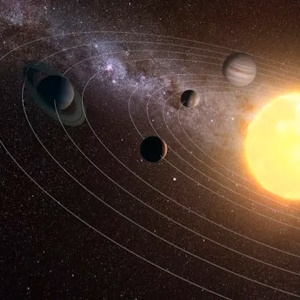
Lecture 3 – The solar system
| ‘Space kids university’ series NEW
The ‘Space kids university’ series was specially designed, both in content and visually, for children between 8 and 12 years old. During this edition we take a closer look at the solar system. How many planets are there? What is a gas planet? Does only Saturn have rings? What are dwarf planets?
| Duration: 1.00 hours
| Age: 8 to 12 years
| Participants: Min. 15 people / Max. 54 people
| Price: 3.00 euros p/p
Lecture 1a – Invasion of Mars
| ‘Popular demand’ series
The fascination with Mars has been around for a long time. For example, in ancient times Mars was seen as the god of war. Later, when we were able to study the planet for the first time through a telescope, it was thought that we could see channels on it. This is how the idea arose that the red planet might be inhabited…
| Duration: 2.00 hours
| Age: + 12 years
| Participants: Min. 15 people / Max. 54 people
| Price: 4.50 euros p/p
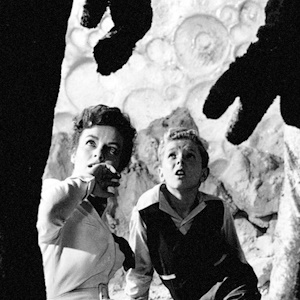
Lecture 2a – Mars in 3D
| ‘Popular demand’ series
With anaglyph glasses you can view stereo photos in which two separate images are shown on top of each other. One image in red for the left eye and one image in cyan for the right eye. We use this relatively simple technology to study the wonderful topography of Mars from space on a large image and in… 3D!
| Duration: 2.00 hours
| Age: + 12 years
| Participants: Min. 15 people / Max. 54 people
| Price: 4.50 euros p/p
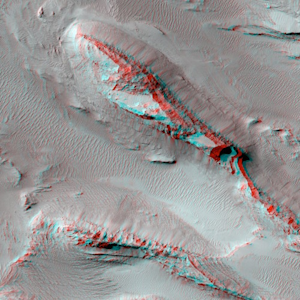
Lecture 3a – SpaceX
| ‘Popular demand’ series
When the space company SpaceX was founded by Elon Musk and Jim Cantrell in June 2002, everyone was a bit surprised because until then, space travel was mainly reserved for superpowers such as China, Europe, Russia and America. Meanwhile, twenty years later, SpaceX amazes friend and foe with their launch vehicles…
| Duration: 2.00 hours
| Age: + 12 years
| Participants: Min. 15 people / Max. 54 people
| Price: 4.50 euros p/p
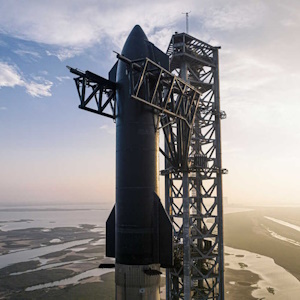
Lecture 5a – From pressure suit to space suit
| ‘Popular demand’ series
We go through the history of the printing suit to the spacesuit. From the first stratospheric balloon flight to the first manned flights beyond the atmosphere. A fascinating story with some extraordinary fun facts…
| Duration: 2.00 hours
| Age: + 12 years
| Participants: Min. 15 people / Max. 54 people
| Price: 4.50 euros p/p
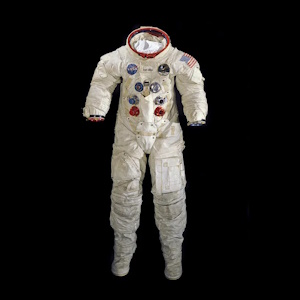
Lecture 6a – Russians on the Moon
| ‘Popular demand’ series
Everyone has at least heard of the American Apollo program that first brought humans to the Moon. But did you know that it was the Russians who first launched a probe to the Moon, saw the back side, landed on it and drove…
| Duration: 2.00 hours
| Age: + 12 years
| Participants: Min. 15 people / Max. 54 people
| Price: 4.50 euros p/p

Lecture 7a – Project: Artemis
| ‘Popular demand’ series
Project: Artemis aims to bring people to the Moon again and this time to stay there. For research, mining and as a platform to explore the rest of the solar system…
| Duration: 2.00 hours
| Age: + 12 years
| Participants: Min. 15 people / Max. 54 people
| Price: 4.50 euros p/p
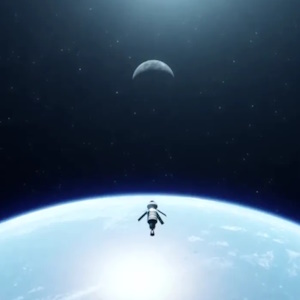
Lecture 8a – The International Space Station
| ‘Popular demand’ series
The ISS or International Space Station has been orbiting the Earth for more than twenty years. But how did this project come about? What parts does it consist of and what does it actually do? A chronological overview!
| Duration: 2.00 hours
| Age: + 12 years
| Participants: Min. 15 people / Max. 54 people
| Price: 4.50 euros p/p

Lecture 10a – Climate change from space
| ‘Popular demand’ series
What is climate change? What influence does man have on this and what are the global consequences of this? And does space travel offer solutions? A fascinating lecture from a unique perspective: space.
| Duration: 2.00 hours
| Age: + 12 years
| Participants: Min. 15 people / Max. 54 people
| Price: 4.50 euros p/p
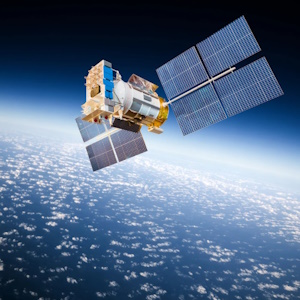
Lecture 11a – Powers of 10
| ‘Popular demand’ series
We make the ultimate journey through the universe. We start at the edge of the visible universe where the large-scale structure becomes visible. We then zoom in steadily from superclusters, galaxies, solar systems to Earth. And our story doesn’t end there. We zoom in further and discover continents, cities, people, cells, atoms, …
| Duration: 2.00 hours
| Age: + 14 years
| Participants: Min. 15 people / Max. 54 people
| Price: 4.50 euros p/p

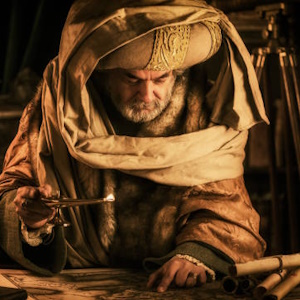
Lecture 1b – History of astronomy (part 1/2)
| ‘Astro history’ series
The ‘Astro history’ series examines historical astronomical and/or space-related moments in a visually and substantively fascinating manner. In this first part we study the history of astronomy from prehistory, the Renaissance to the beginning of the Industrial Revolution…
| Duration: 2.00 hours
| Age: + 12 years
| Participants: Min. 15 people / Max. 54 people
| Price: 4.50 euros p/p
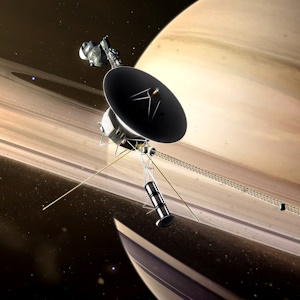
Lecture 2b – History of astronomy (part 2/2)
| ‘Astro history’ series
The ‘Astro history’ series examines historical astronomical and/or space-related moments in a visually and substantively fascinating manner. In this second part we study the exploration of the planets, the investigation of stars and galaxies and the search for planets outside the solar system…
| Duration: 2.00 hours
| Age: + 12 years
| Participants: Min. 15 people / Max. 54 people
| Price: 4.50 euros p/p
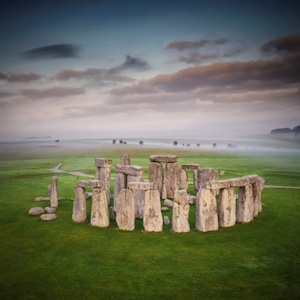
Lecture 3b – Archaeo-astronomy
| ‘Astro history’ series
The ‘Astro history’ series examines historical astronomical and/or space-related moments in a visually and substantively fascinating manner. Archeoastronomy is the study of ancient and/or traditional astronomy in their cultural context and based on archaeological and anthropological evidence…
| Duration: 2.00 hours
| Age: + 12 years
| Participants: Min. 15 people / Max. 54 people
| Price: 4.50 euros p/p

Lecture 4b – Apollo: People on the Moon
| ‘Astro history’ series
The ‘Astro history’ series examines historical astronomical and/or space-related moments in a visually and substantively fascinating manner. It’s hard to believe that it’s been more than fifty years since we last set foot on our nearest neighbor: the Moon. That’s why we look back at the Apollo program…
| Duration: 2.00 hours
| Age: + 12 years
| Participants: Min. 15 people / Max. 54 people
| Price: 4.50 euros p/p
Lecture 1c – Introduction to astronomy
| ‘Basic Astronomy Course’ series
This lecture was specially designed for secondary school students and/or adults who want a first introduction to astronomy. Basic matters such as temperature, speed of light, rotation, time, radiation, etc… are discussed.
| Duration: 2.00 hours
| Age: + 12 years
| Participants: Min. 15 people / Max. 54 people
| Price: 4.50 euros p/p
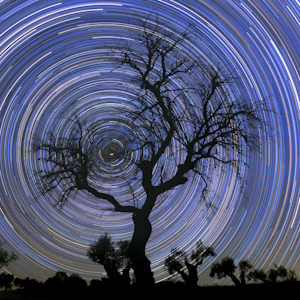
Lecture 2c – Beginning and end of the universe
| ‘Basic Astronomy Course’ series
Using various well-known and lesser-known scientists, we take you back to the early days of cosmology to current research using sophisticated space telescopes. And make a journey from the beginning to the end of the universe…
| Duration: 2.00 hours
| Age: + 12 years
| Participants: Min. 15 people / Max. 54 people
| Price: 4.50 euros p/p

Lecture 3c – Origin, evolution and end of stars
| ‘Basic Astronomy Course’ series
Nothing in this universe is eternal. Even stars arise, evolve and end. For example, the Sun, the closest star, is a rather small insignificant star that will eventually end up as a white dwarf. Larger stars end differently. Some explode, others end up as a compaction neutron star or even as a black hole…
| Duration: 2.00 hours
| Age: + 12 years
| Participants: Min. 15 people / Max. 54 people
| Price: 4.50 euros p/p
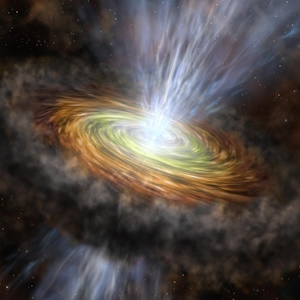
Lecture 4c – The Sun as the closest star
| ‘Basic Astronomy Course’ series
Without the Sun, life would not be possible on Earth. So we would do well to observe and, above all, understand this closest star. From how it originated, what its influence is on the Earth, what phenomena it causes and when it finally comes to an end…
| Duration: 2.00 hours
| Age: + 12 years
| Participants: Min. 15 people / Max. 54 people
| Price: 4.50 euros p/p
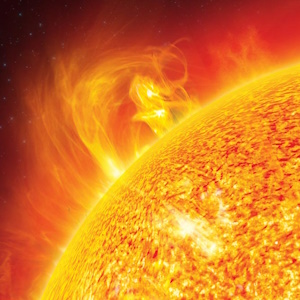
Lecture 5c – Origin of the solar system
| ‘Basic Astronomy Course’ series
Asteroids, comets and even planets are a byproduct of star formation. But how exactly does this happen? And why are there solid and gaseous planets? We will find out all about it in this fascinating lecture…
| Duration: 2.00 hours
| Age: + 12 years
| Participants: Min. 15 people / Max. 54 people
| Price: 4.50 euros p/p

Lecture 6c – The planets
| ‘Basic Astronomy Course’ series
Based on mythological stories, suffused with contemporary scientific knowledge, we pay an educational visit to the eight planets of the solar system…
| Duration: 2.00 hours
| Age: + 12 years
| Participants: Min. 15 people / Max. 54 people
| Price: 4.50 euros p/p
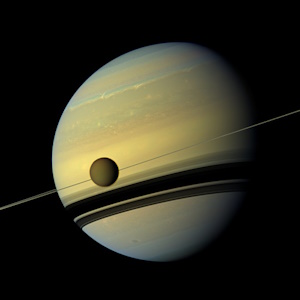
Lecture 7c – Comets, meteors and meteorites
| ‘Basic Astronomy Course’ series
Many people do not know the difference between comets, meteors and asteroids. Admittedly, they have a similar origin and are somewhat similar, but their impact – and you can take that literally – is significantly different…
| Duration: 2.00 hours
| Age: + 12 years
| Participants: Min. 15 people / Max. 54 people
| Price: 4.50 euros p/p
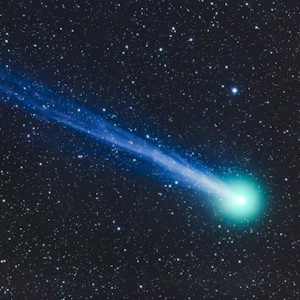
Lecture 8c – Celestial movements
| ‘Basic Astronomy Course’ series
Literally nothing stands still in the universe. From the smallest elementary particles to the entire galaxy. Everything is in motion, and planets are no exception. But what are the laws that they must adhere to? And what can we learn from this…
| Duration: 2.00 hours
| Age: + 12 years
| Participants: Min. 15 people / Max. 54 people
| Price: 4.50 euros p/p

Lecture 9c – Galaxies
| ‘Basic Astronomy Course’ series
Since prehistoric times, we as a species have wondered what that band of stars in the sky, better known as the Milky Way, should represent. Was this a remnant of a supreme being? A cosmic empty rift? Or a barred spiral galaxy that we are part of? We examine the Milky Way visually as well as with (space) telescopes…
| Duration: 2.00 hours
| Age: + 12 years
| Participants: Min. 15 people / Max. 54 people
| Price: 4.50 euros p/p
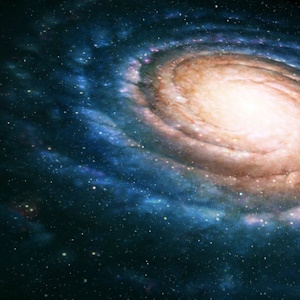
Lecture 10c – Clusters, gravitational lenses and dark matter
| ‘Basic Astronomy Course’ series
Everything attracts each other under the law of gravity. Interstellar gas clouds, stars, galaxies and even immense clusters of galaxies. However, through their own motion we have discovered that gravity is not the only force that matters. So we also have to take into account the mysterious dark matter and energy…
| Duration: 2.00 hours
| Age: + 12 years
| Participants: Min. 15 people / Max. 54 people
| Price: 4.50 euros p/p
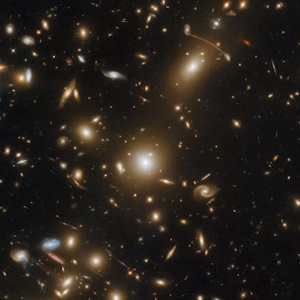
Lecture 11c – Light and other types of radiation
| ‘Basic Astronomy Course’ series
Light is an everyday occurrence. But what is light and how much of it can we see with the human eye? Is it a particle or also a wave? And what is the speed of light? We will find out this and much more in this fascinating lecture…
| Duration: 2.00 hours
| Age: + 12 years
| Participants: Min. 15 people / Max. 54 people
| Price: 4.50 euros p/p
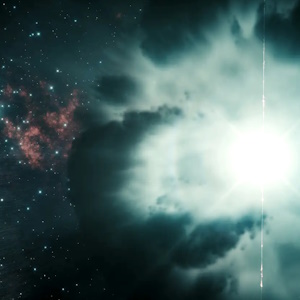
Lecture 12c – Origin of life, here and elsewhere
| ‘Basic Astronomy Course’ series
The diversity of life here on this small planet is remarkable and suggests that the chance of life on other planets, even with completely different characteristics, is realistic. We study how life was able to develop here on Earth and study the presence of life elsewhere in the universe…
| Duration: 2.00 hours
| Age: + 12 years
| Participants: Min. 15 people / Max. 54 people
| Price: 4.50 euros p/p

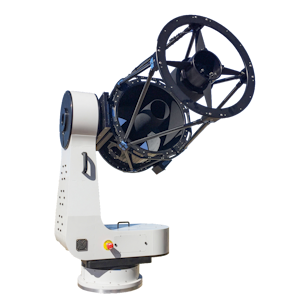
Observing
When it is dark (and bright), a visit to the large observation dome with a state-of-the-art telescope is always a unique experience. The large 6 m observation dome can accommodate up to 15 people. A visit to the observation dome is only possible if it is combined with a general visit, workshop, lecture and/or display. During sunny days you can also safely look at the Sun with a mobile telescope in front of the building…
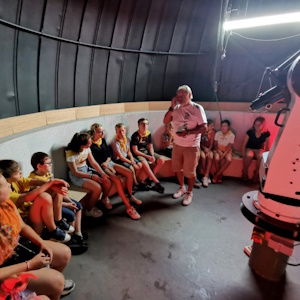
Observing 1 – General introduction
Regardless of the weather conditions, we make a guided visit to our large 6-meter dome with extensive instruments. In addition to the explanation of the operation and possibilities of the telescope, we also look at some self-made images of the universe …
| Duration: 0.30 hours
| Age: 8 to 12 years
| Participants: Min. 10 people / Max. 15 people
| Price: 3.00 euros p/p

Observing 2 – General introduction
Regardless of the weather conditions, we make a guided visit to our large 6-meter dome with extensive instruments. In addition to the explanation of the operation and possibilities of both telescopes, we also look at some self-made images of the universe. When the weather permits, we can also safely observe the Sun using a special H-alpha solar telescope…
| Duration: 1.00 hours
| Age: + 12 years
| Participants: Min. 10 people / Max. 15 people
| Price: 6.00 euros p/p
